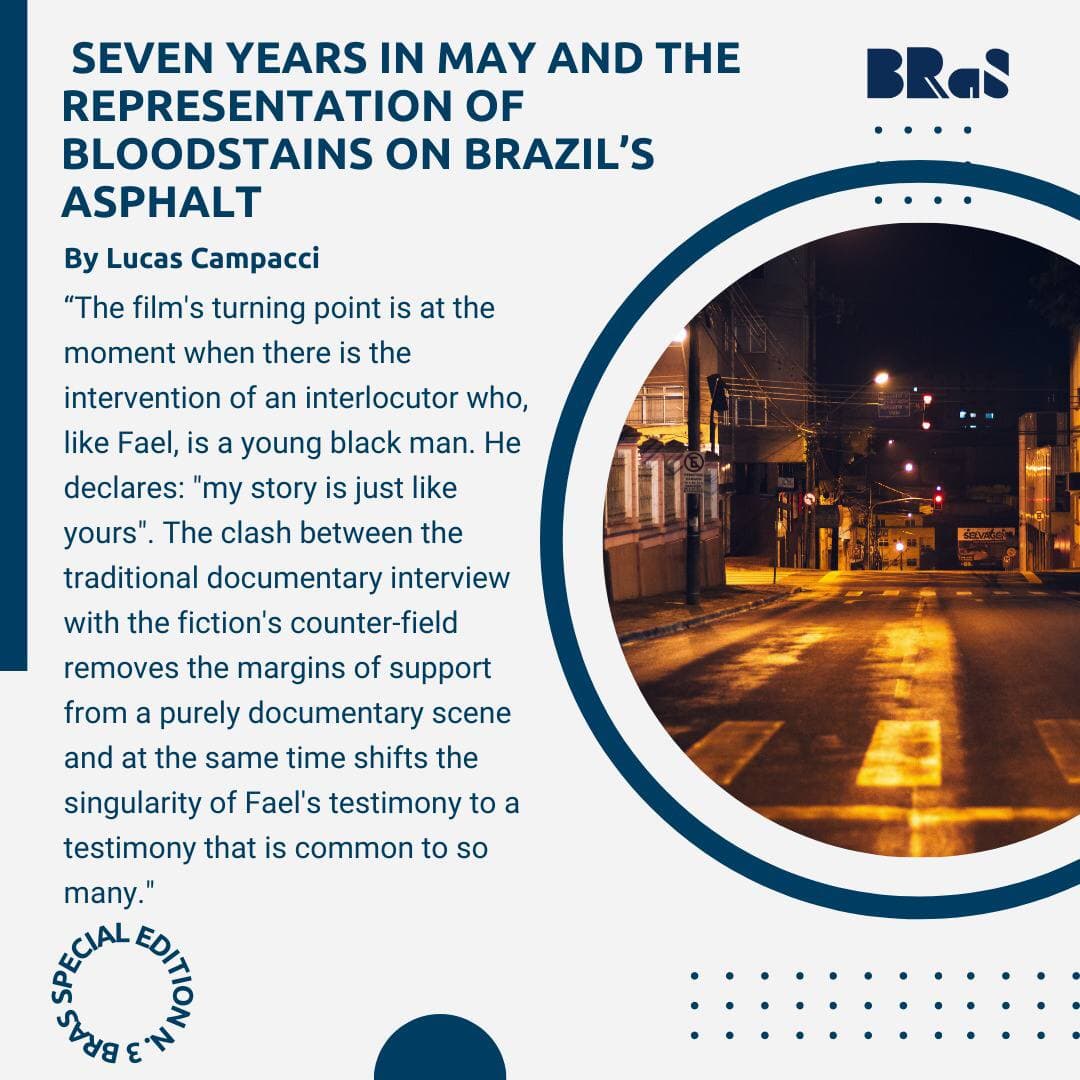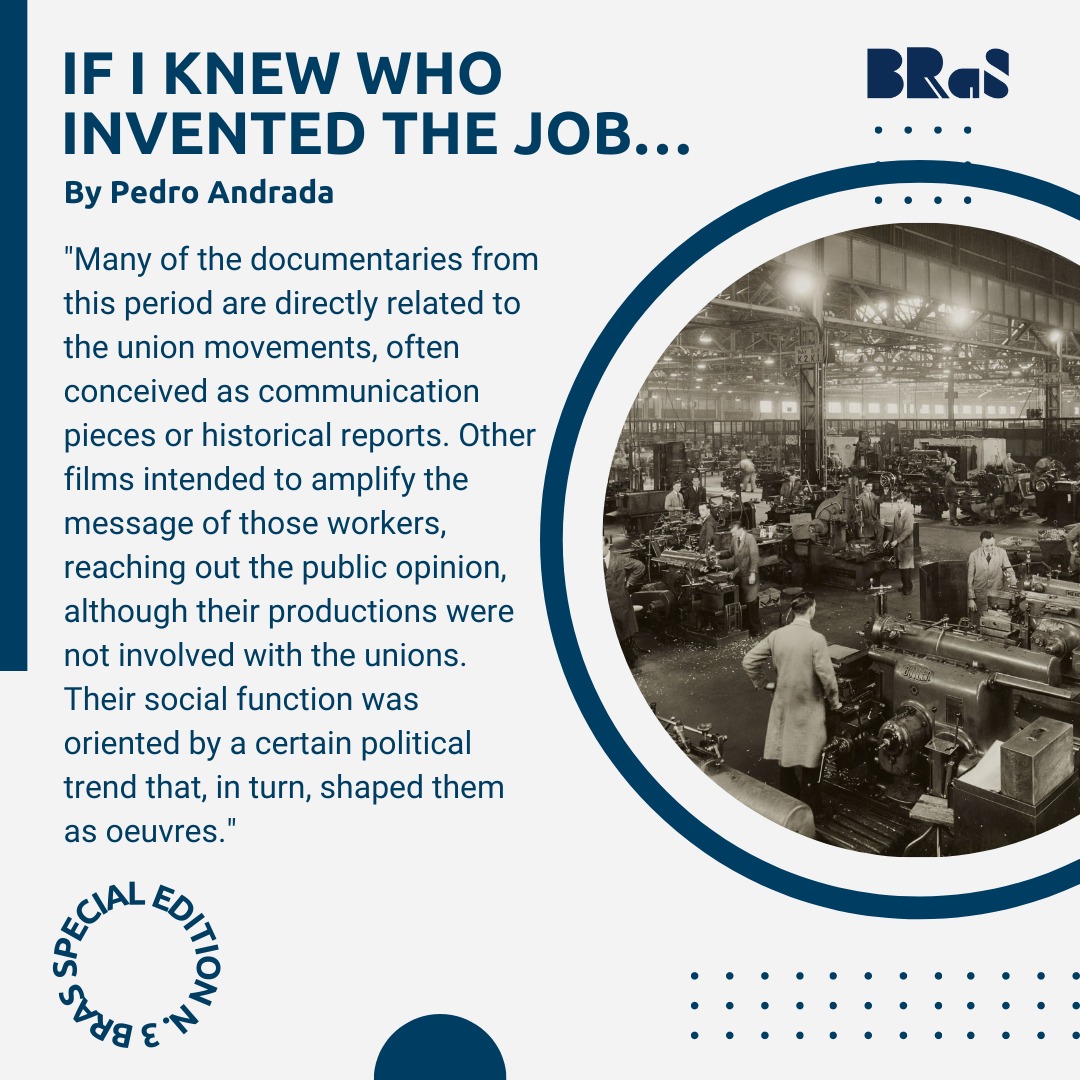by Bárbara Carvalho Neves*,**
Edited and reviewed by Anna Paula Bennech and Giovanna Imbernon
Organized by Dr. Luiz Eduardo Garcia da Silva
Although changing and with minor presidential activism since the Brazilian parliamentary coup against Dilma Rousseff in 2016 (Mariano, Ramanzini, and Vigevani 2021), the Brazilian foreign policy reached its tension and discredit apex within the first years of Jair Messias Bolsonaro government under the remit of Ernesto Araújo as Foreign Affairs Minister, between January/2019 and March/2021 (Frenkel and Azzi 2021). For example, Ernesto Araújo’s inauguration speech as Foreign Affairs Minister did not mention Latin America, which was the first time in such a situation since Brazil’s re-democratization (Araújo 2019a).
Araújo presented the “Brazilian nation” as his priority and marked a nationalist turn for the Brazilian foreign policy, along with conservatism and universalism towards South and Latin America during his mandate (Hage 2021). In Araújo’s conceptualization, a universalist foreign policy represented seeking partnerships and alliances to enable Brazil to achieve its national goals, understanding an alliance with the United States of America (USA) as strategic (Araújo 2019a). Thus, Araújo’s new orientation for the Brazilian foreign policy aligned to the USA and its “fight” against globalism and “the moral decline of the East, in which also participates Israel, Italy, Hungary and Poland” (Frenkel 2019: 3). In the attempt to legitimize it, the minister claimed that the previous left-wing governments “avoided the approximations between Brazil and the United States, Israel, or another big technological center […]”, classifying such relations as an “automatic alignment” (Araújo 2019b). Such inversion of reality marked the enactment of negationism that has, so far, sustained Bolsonaro’s government.
However, it is essential to mention that the concepts of alignment and universalism have been present in Brazilian diplomacy throughout the 20th century (Faverão 2006). Brazilian foreign policy is represented by its paradigms, which constantly change alongside the material world (Faverão 2006). Understanding such paradigms allows us to identify and comprehend the foundation upholding the incumbent government, as well as the tenets shaping the country’s international insertion. Unlike what Araújo attempts to present, universalism has been understood as the plurality of state and social interests representing the governmental aim of diversifying foreign relations (Lafer 2009), not limiting it to its current “ideological equals,” like the USA or Israel. At the same time, alignment is long understood and discussed within the relation between Brazil and the USA, in which we might have an alternation of pragmatism and automatism (Faverão 2006).
To reinforce the nationalist narrative enacted by Bolsonaro’s government, during his inauguration speech, Araújo addressed a war, already in motion, against its imaginary concepts of “globalism” and “communism” (Stuenkel 2019), affirming that they “admire the Latin American countries that freed themselves from the regimes of the São Paulo Forum[1], [… and also] admire those who fight against the tyranny in place in Venezuela and other countries” (Araújo 2019a). At the same time, Araújo stated that the current governments of Poland and Hungary were to be admired, as well as the United States under Donald Trump’s administration.
Such affirmations characterize what Sanahuja and López Burian (2020) identify as a new type of far-right movement called “neo-patriotic,” “a marked nationalist and anti-globalist ideology, and discourses and practices that aim to challenge institutions and norms as a way of battling globalization as a hegemonic order” (Sanahuja and López Burian 2020: 23). Seeing Bolsonaro as the “Trump of the tropics,” the Brazilian government not only contests institutions from its own narratives but also proposes reconstructing the system under a “new reactionary anti-cosmopolitan internationalism which questions the liberal international order” (Sanahuja and López Burian 2020: 23). Thus, the far-right movement characterizing Bolsonaro’s government, sponsored by national elites profiting from it (Mariano, Ramanzini, and Vigevani 2021), reflects the ideology and imaginary concepts marking the “new Brazilian Foreign Policy.”
The primary governing method under Bolsonaro’s mandate, and even before his election (Filho, Coelho, and Dias 2018), is the deconstruction of reality, what has been called negationism. It results in an inversion of reality and the spread of a parallel narrative through social media and “fake news” (Almeida 2019), e.g., the current narrative pictures the left-wing governments in power in Latin America as a communist threat and “globalists.” Hence, they would constitute a threat to national frontiers, family, and life, legitimizing national and international positionings from Brazil that would never have been justifiable or accepted before this complex moment. The Internet is one of the instruments for spreading such a negationist narrative, as well as supporting the government and its positionings. As stated in Salgado’s article in this Special Edition, the Internet has been the instrument in which superficial information and fake news have been spread, including official presidential channels on Instagram, Youtube, and in a presidential group on Telegram featuring the latest news and information about Bolsonaro’s government. In Brazil, negationism relies on the control of the national institutions and its provision of the existing governmental data, documents, and press, as illustrated by the removal of Ricardo Magnus Osório Galvão, former director of the National Institute on Spatial Researches (INPE, in Portuguese) in August of 2019, after Bolsonaro questioned the institute’s data on relevant deforestation growth in the Amazon under his government (Novaes 2019).
Prominently, this ideological shift negatively affected Brazilian prominence within South and Latin America, as Brazil completely lost its protagonism and reliability, not only regionally but also internationally. As pointed by Frenkel and Azzi (2021), Brazil left the South-American Union (UNASUR) in April 2019 and did not present itself as a leader for creating its supposed substitute, the Forum for the Progress and Integration of South America (PROSUR), as well as neglected the Community of Latin American and Caribbean States (CELAC). Moreover, Brazil had a minor role within the Lima Group, which was not even close to solving the Venezuelan crisis, contributing to the regained importance of the Organisation of American States (OAS) in the continent, the only arrangement including the USA.
Brazilian foreign policy has been restructured on behalf of the economic interests of the new national and international governmental upholders, especially when it comes to South American regionalism. For example, the anti-integration movement of important sectors among the Brazilian entrepreneurial bourgeoisie “[…] exteriorized its dissatisfaction about [the South-American Common Market] Mercosur, pointing that the most convenient would be a real and strategic spill back” (Vadell and Giaccaglia 2020:1066), from a customs union to a free trade area. Thus, allowing Brazil to advance new bilateral commercial agreements with other countries.
Such positioning changed during the negotiations of the Agreement between Mercosur and the European Union (UE) in 2019 (Mariano and Araujo 2020). As the negotiations coincided with the Argentinian elections, Bolsonaro attacked its left-wing candidate, Alberto Fernandez (Jiménez and Molina 2019), affirming that he “was working to avoid the opposition of winning the elections in Argentina, declaring its support to the former president, Mauricio Macri” (Baptista, Bertolucci, and Diogo 2020: 522, free translation). Also, the Brazilian Economy Minister, Paulo Guedes, declared that Brazil would leave Mercosur if Fernandez won the election, and Bolsonaro never complimented Fernandez for his victory (Junqueira, Neves, and Souza 2020).
At that time, there was an “unprecedented break of peaceful relations and political convergence between Brazil and Argentina” (Neves and Costa 2020:42), which undermined its efforts towards Mercosur (Albertoni 2020; Vadell and Giaccaglia 2020; Mariano, Ramanzini, and Vigevani 2021). Although being the primary beneficiary of the preferences within Mercosur, under Bolsonaro’s government, Mercosur was considered irrelevant (Frenkel and Azzi 2021), stressing the relations between its members, as well as its expectations for the institution’s future. Reflecting such stress, a day before the 58º Ordinary Meeting of the South-American Common Market Council, on July 7, 2021, when Brazil would inaugurate its Mercosur pro-tempore presidency, Uruguay stepped forward and breached its commitment to jointly negotiate commercial agreements with third parties or extra-regional blocs.
Although Brazil mainly advocated the agenda of an institutional spill back of Mercosur, the pressboard of the Uruguayan Foreign Affairs Ministry announced that the country “will start to negotiate extra zone commercial agreements with third parties. […] defending the bloc modernization through an agenda of significant, responsive, dynamic, flexible and permanent external negotiations” (Uruguay 2021). For the smaller economies of Mercosur, like Paraguay and Uruguay, the common external tariff and the joint negotiations with third parties were positive because of national production and industrial limitations. However, Uruguay’s positioning reflected not only the growing regional tension from current nationals and international scenarios but especially in response to the erosion of trust in institutions promoted under Bolsonaro’s government, which marked the deepening of Mercosur’s institutional crisis.
Finally, South American regionalism’s state of the art highlights a discredited and disempowered Brazil, seen as a nonreliable cooperation partner. Thus, a once reliable and strong state leading and pushing forward the relations through the subcontinent remains isolated and has difficulties bargaining its position within the international system.
References
Albertoni, Nicolás. 2020. “El futuro posible del Mercosur.” Diálogo Político (blog). June 5, 2020. https://dialogopolitico.org/documentos/el-futuro-posible-del-mercosur/.
Almeida, Ronaldo De. 2019. “BOLSONARO PRESIDENTE: CONSERVADORISMO, EVANGELISMO E A CRISE BRASILEIRA.” Novos estudos CEBRAP 38 (May): 185–213. https://doi.org/10.25091/S01013300201900010010.
Araújo, Ernesto. 2019a. “Discurso de Posse – Ernesto Araújo.” Governamental. Fundação Alexandre de Gusmão (FUNAG). January 2, 2019. https://www.funag.gov.br/chdd/index.php/ministros-de-estado-das-relacoes-exteriores?id=317.
Araújo, Ernesto. 2019b. “Os primeiros avanços da nova política externa.” Valor Econômico, May 8, 2019. http://funag.gov.br/index.php/pt-br/2015-02-12-19-38-42/3455.
Baptista, João Victor da Motta, Artur Cruz Bertolucci, and Ana Victória Klovrza Diogo. 2020. “POLÍTICA DE ESTADO OU DE GOVERNO? A REORIENTAÇÃO DA POLÍTICA EXTERNA BRASILEIRA SOB O GOVERNO BOLSONARO.” Cadernos do CEAS: Revista crítica de humanidades 45 (250): 502–33. https://doi.org/10.25247/2447-861X.2020.n250.p502-533.
Filho, Eduardo Meinberg de Albuquerque Maranhão, Fernanda Marina Feitosa Coelho, and Tainah Biela Dias. 2018. “‘Fake news acima de tudo, fake news acima de todos’: Bolsonaro e o ‘kit gay’, ‘ideologia de gênero’ e fim da ‘família tradicional.’” Correlatio 17 (2): 65–90. https://doi.org/10.15603/1677-2644/correlatio.v17n2p65-90.
Frenkel, Alejandro. 2019. “Un «cruzado» En La Cancillería Brasileña Ernesto Araújo y La Política Exterior Bolsonarista | Nueva Sociedad.” Nueva Sociedad, February. https://www.nuso.org/articulo/araujo-brasil-derecha-cancilleria-bolsonaro/.
Frenkel, Alejandro, and Diego Azzi. 2021. “Jair Bolsonaro y La Desintegración de América Del Sur: ¿un Paréntesis?” Nueva Sociedad, no. 291 (February). https://nuso.org/articulo/jair-bolsonaro-y-la-desintegracion-de-america-del-sur-un-parentesis/.
Hage, José Alexandre Altahyde. 2021. “A DIPLOMACIA DO GOVERNO BOLSONARO: O que era Esperado do Ministro Ernesto Araújo.” Revista de Geopolítica 12 (3): 1–16.
Jiménez, Carla, and Molina Federico Rivas. 2019. “A última obsessão de Bolsonaro é dinamitar as eleições na Argentina.” EL PAÍS, August 21, 2019, sec. Internacional. https://brasil.elpais.com/brasil/2019/08/19/internacional/1566242410_531532.html.
Junqueira, Cairo Gabriel Borges, Bárbara Carvalho Neves, and Lucas Eduardo Silveira de Souza. 2020. “REGIONALISMO SUL-AMERICANO NOS ANOS 2020: O QUE ESPERAR EM MEIO ÀS INSTABILIDADES POLÍTICAS?” Revista Tempo do Mundo, no. 23 (December): 93–122. https://doi.org/10.38116/rtm23art4.
Mariano, Karina Lilia Pasquariello, and André Leite Araujo. 2020. “Os Limites Institucionais Das Presidências Do Mercosul e Da União Europeia Diante Do Acordo Comercial.” In O Novo Acordo Mercosul-União Europeia Em Perspectiva, 59–78. Rio de Janeiro: Konrad Adenauer Stiftung.
Mariano, Marcelo Passini, Haroldo Ramanzini, and Tullo Vigevani. 2021. “O BRASIL E O MERCOSUL: ATORES DOMÉSTICOS E OSCILAÇÕES DA POLÍTICA EXTERNA NOS ÚLTIMOS 30 ANOS.” Lua Nova: Revista de Cultura e Política, June, 15–54. https://doi.org/10.1590/0102-015054/112.
Neves, Bárbara Carvalho, and Gabriela Dorneles Ferreira da Costa. 2020. “What about Mercosur? The Regional Deadlocks Facing the COVID-19 Pandemic.” Cadernos de Regionalismo ODR, Dossier Regionalism and the Pandemic: The performance of regional organizations in the midst of COVID-19, 4: 41–50.
Novaes, Marina. 2019. “Ricardo Galvão: ‘Constrangimento’ Com Bolsonaro Por Dados de Desmatamento Derruba Diretor Do Inpe | Brasil | EL PAÍS Brasil.” EL PAÍS, August 2, 2019. https://brasil.elpais.com/brasil/2019/08/02/politica/1564759880_243772.html.
Sanahuja, José Antonio, and Camilo López Burian. 2020. “Internacionalismo Reaccionario y Nuevas Derechas Neopatriotas Latinoamericanas Frente al Orden Internacional Liberal.” Conjuntura Austral 11 (55): 22–34. https://doi.org/10.22456/2178-8839.106956.
Stuenkel, Oliver. 2019. “Mourão entra em campo contra os antiglobalistas.” EL PAÍS, February 12, 2019, sec. Opinião. https://brasil.elpais.com/brasil/2019/02/11/opinion/1549903120_135007.html.
Uruguay. 2021. “COMUNICADO DE PRENSA N.°112/21.” Ministerio de Relaciones Exteriores. https://www.gub.uy/ministerio-economia-finanzas/sites/ministerio-economia-finanzas/files/documentos/noticias/Comunicado%20de%20prensa%20112-21.pdf.
Vadell, Javier A., and Clarisa Giaccaglia. 2020. “El Rol de Brasil En El Regionalismo Latinoamericano: La Apuesta Por Una Inserción Internacional Solitaria y Unilateral.” Foro Internacional 60 (3): 1041–80.
[1] The São Paulo Forum or, in Portuguese, Foro de São Paulo, is an organization created in 1990 by the representatives of 48 left-wing organizations and political parties from the Latin American and the Caribbean countries.
* Bárbara Carvalho Neves is a Ph.D. Student at the Interinstitutional Graduate Program in International Relations “San Tiago Dantas” (UNESP, UNICAMP, PUC-SP) with a FAPESP grant. She holds a master’s degree from the same institution. Her research interests encompass regionalism, South America, infrastructural integration, Brazilian foreign policy, and regional institutions. E-mail: barbara.neves@unesp.br.
** This article has been produced with the support of the grant nº.2020/04348-5a, São Paulo Research Foundation (FAPESP). The author states that the opinions, hypotheses, and conclusions presented in this work do not necessarily reflect FAPESP’s views.








